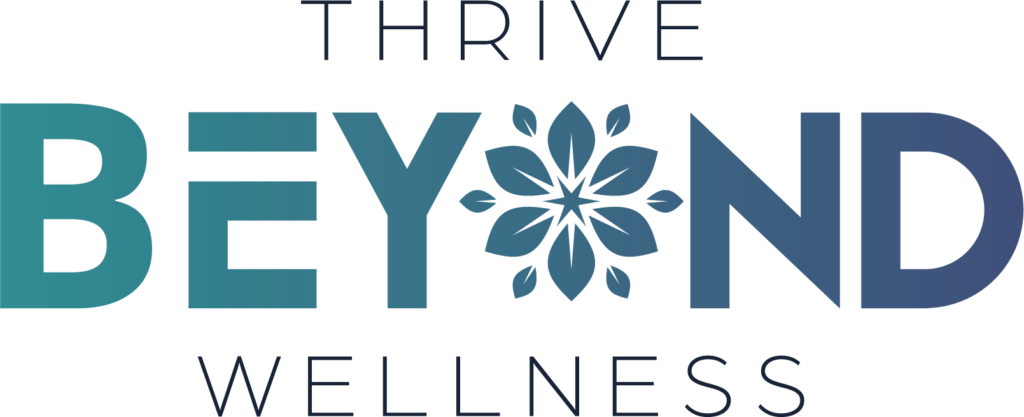
Sleep: Dr. Lareesa Ferdinand of Bossa Bars On Why You Should Make Getting A Good Night’s Sleep A Major Priority In Your Life, And How You Can Make That Happen
The importance of Prioritize sleep
Many people think in order to have good sleep you have to go to bed early. The important thing is to lean into whatever sleep style you are (night owl vs. early bird) and be consistent. Adjust any medications and supplements to support that as well as some make you drowsy or alert. Read the article here on Medium.
Prioritizing sleep is crucial for overall health and well-being. In today’s fast-paced world, many people tend to sacrifice sleep in favor of work, socializing, or other activities. However, research has shown that getting enough high-quality sleep is essential for physical, mental, and emotional health.
When individuals prioritize sleep, they are more likely to experience numerous benefits. Adequate sleep is linked to improved cognitive function, better concentration, and enhanced productivity. It also plays a vital role in regulating mood and emotional well-being, reducing the risk of anxiety and depression.
Moreover, prioritizing sleep is closely tied to physical health. It is associated with a stronger immune system, lower risk of chronic diseases such as heart disease and diabetes, and better weight management. Sleep is a time for the body to repair and rejuvenate, and when it is prioritized, individuals are more likely to experience these health benefits.
1. Prioritize sleep — Many people think in order to have good sleep you have to go to bed early. The important thing is to lean into whatever sleep style you are (night owl vs. early bird) and be consistent. Adjust any medications and supplements to support that as well as some make you drowsy or alert.
2. Maximize your sleep environment with quiet, cold and dark– Many people are on devices or feel the need to have TV or music on to fall asleep. You need to transition your body into a calm state 1–2 hours before you go to bed — whenever that is.
3. Track your sleep and set personal KPIs — Just because you think you are doing the two things above doesn’t mean you are optimizing sleep. Use technology to track and follow trends to bring daily awareness to patterns that you may miss. You can connect the missing links between sleep duration and your body’s response during sleep stages, reactions to stress, and efficiency. These key insights can help navigate making the necessary adjustments.
4. Reduce stress — When you’re stressed, sleep and high levels of energy don’t come easy. Stress is one factor that can impact your telomere length. Thus, stress can actually cause you to age and also decrease your longevity. Sleep Disruptions can lead to a propensity toward obesity and metabolic disorders, and affect the extent to which we are able to express energy and harness our power to push through the next day
5. Be mindful of meals and excess snacking throughout your day. Limit caffeine to only before noon. Ideally, eat a more plant-based diet and consume the least heavy meal toward the end of the day so your body has less of a detox burden during sleep. This improves energy for memory storage and creativity that you need to power through the next day. This is directly impacted by what you put in your body.
In that moment, see if there is anything they can do to adjust their sleep environment; Are all the lights and sounds in the room off –from TV to the small green, blue and red lights on any electronics in the room. Are you able to make the room cooler? Do not reach for your electronics! The next day, evaluate some of the other things I mentioned like making sure to stop caffeine intake after noon, limit excess snacking or late alcohol consumption, and make sure your last meal is nutritious and the lightest and consider what you can do the following night to get your body into a calm state 2 hours before bed.
In conclusion, prioritizing sleep is essential for overall well-being, and individuals who make sleep a priority are likely to experience numerous physical, mental, and emotional benefits. From improved cognitive function and mood regulation to better physical health, the advantages of prioritizing sleep are clear.






